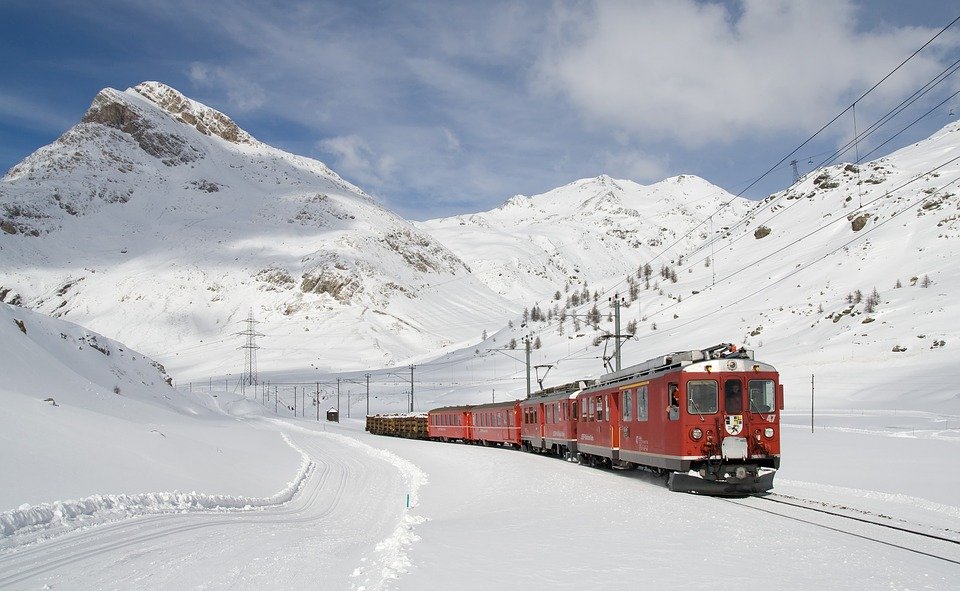Meaning of the Quote:
Chuck Palahniuk, the author of provocative and introspective works such as Fight Club, is known for exploring the darker corners of the human psyche. His quote, “Which is worse: Hell or nothing?” is a thought-provoking question that challenges readers to confront their fears about suffering, existence, and meaning. It forces us to consider whether we would prefer the torment of a conscious existence, however painful, over the absolute void of nonexistence.
Hell: The Burden of Suffering
In this context, “hell” symbolizes not just the traditional concept of eternal damnation but also the broader idea of enduring pain, struggle, or emotional torment. Life often comes with its own “hells,” whether in the form of physical suffering, heartbreak, existential crises, or relentless adversity.
Hell implies awareness—a state of being where one feels and experiences, even if those experiences are excruciating. It represents a world where emotions, thoughts, and sensations persist, albeit negatively. Despite its torment, “hell” is still life; it is existence, with all its accompanying struggles and fleeting moments of meaning.
Nothing: The Fear of Nonexistence
On the other hand, “nothing” represents the absence of all experience. It evokes the idea of oblivion, where consciousness ceases, and there is no awareness, joy, pain, or memory. For many, the concept of nothingness is terrifying because it implies the erasure of self and the end of all connections to the world.
Unlike hell, which offers the possibility of growth, resilience, or redemption through suffering, nothingness is absolute. It leaves no room for hope, change, or any sense of purpose. Yet, for some, nothingness might seem like a refuge—a final escape from pain and the chaos of existence.
The Central Question: What Do We Fear More?
Palahniuk’s question taps into two fundamental human fears:
- The fear of suffering: Many of us dread the idea of prolonged or unending pain. The notion of “hell” is unbearable because it forces us to confront our vulnerability and the possibility of an existence dominated by torment.
- The fear of oblivion: Equally daunting is the fear of nothingness—the idea that everything we are, think, and feel could vanish entirely. Nonexistence challenges our need for meaning, permanence, and continuity.
By asking which is worse, Palahniuk encourages us to reflect on our priorities and the nature of human existence. Would we choose to endure suffering if it meant holding on to our sense of self and the possibility of change? Or would we prefer the void, free from pain but devoid of any experience?
Philosophical Interpretations
This question resonates with several philosophical traditions:
- Existentialism: Existentialist thinkers like Jean-Paul Sartre and Albert Camus grappled with the absurdity of life and the inevitability of suffering. Camus, for example, argued that life’s struggles give it meaning, even in the face of absurdity. Choosing “hell” could signify embracing the hardships of life as an integral part of existence.
- Nihilism: From a nihilistic perspective, “nothing” represents the ultimate truth: the absence of inherent meaning or value. For some, this acknowledgment can be liberating, offering freedom from the burdens of hope or expectation.
- Religious and spiritual views: Many religious traditions view suffering as a path to growth or enlightenment, suggesting that enduring “hell” can lead to redemption, wisdom, or transcendence. In contrast, “nothing” might symbolize spiritual death or separation from the divine.
A Personal Reflection
Palahniuk’s question invites a deeply personal response, as the answer depends on one’s values, beliefs, and experiences. For some, the idea of enduring suffering is intolerable, making nothingness the preferable choice. For others, the prospect of nonexistence is more frightening, leading them to cling to life—even with its pain—because it offers the potential for joy, connection, or redemption.
Conclusion
“Which is worse: Hell or nothing?” is not a question with a definitive answer. Instead, it is a mirror, reflecting our deepest fears, hopes, and philosophies about life and death. Palahniuk’s words challenge us to confront what we value most: the ability to feel and exist, even in suffering, or the peace of oblivion. Ultimately, the quote serves as a powerful reminder of the complexity of human existence and the choices we make when faced with its most difficult questions.
Buy awesome books published by Chuck Palahniuk :
Indian Users : Amazon IN | Flipkart
International Users : Amazon COM
USA Users : Amazon | Canada Users : Amazon CA
UK Users : Amazon UK | German Users : Amazon DE
French Users : Amazon FR | Italy Users : Amazon IT
Brazil Users : Amazon BR | Mexico Users : Amazon MX
Spain Users : Amazon ES |China Users : Amazon CN
Japan Users : Amazon JP | Australia Users : Amazon AU




